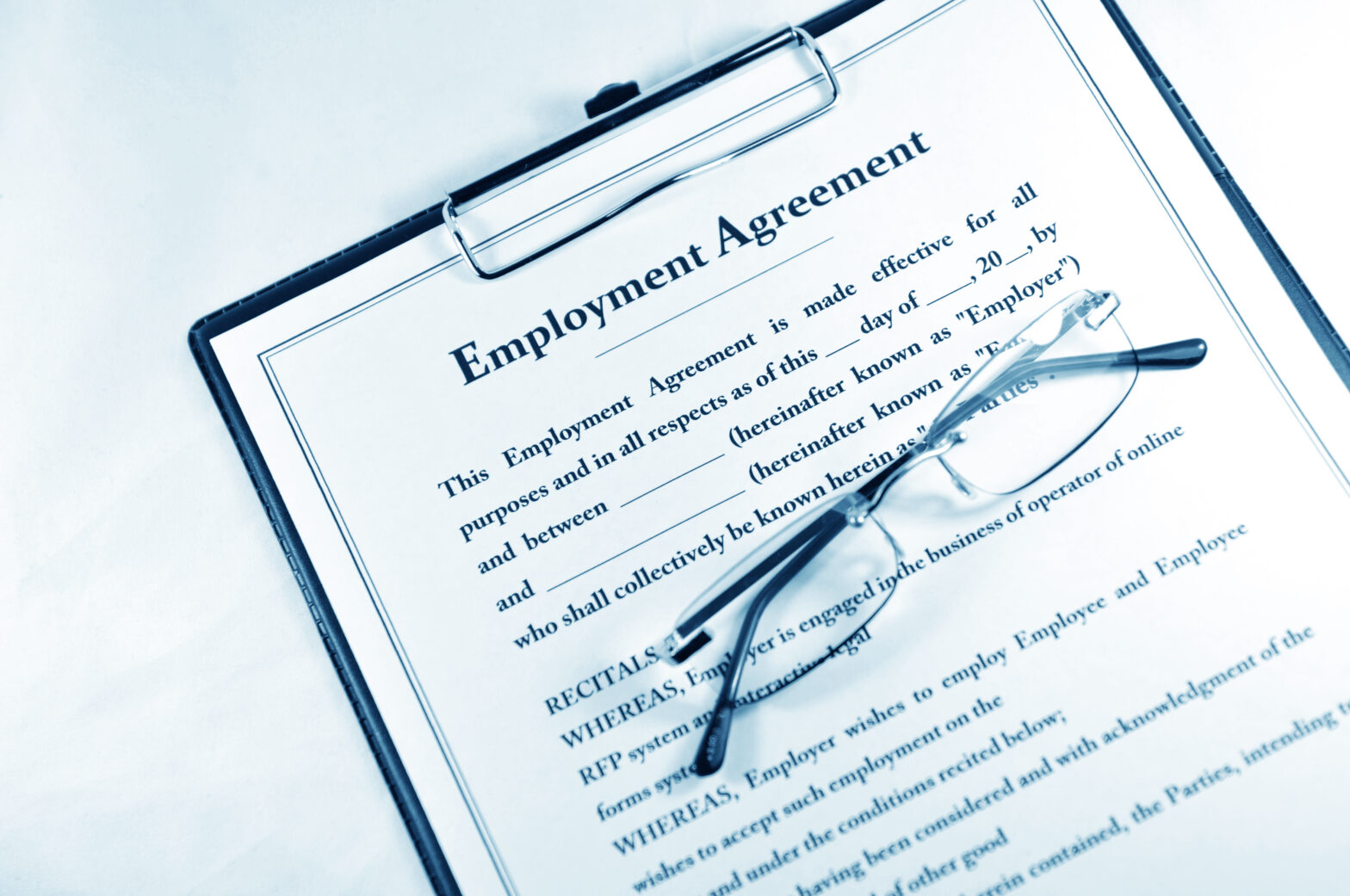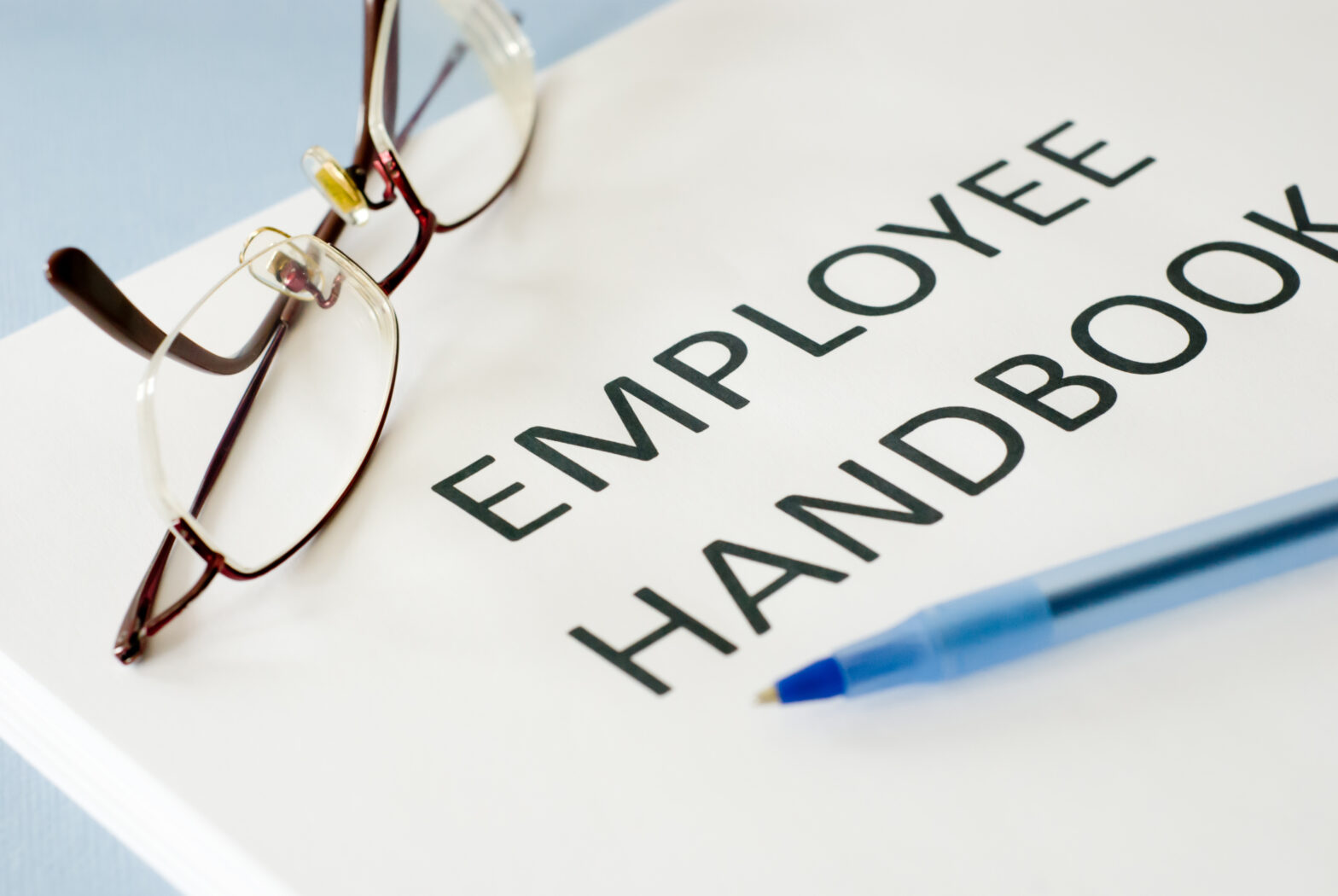Many businesses are thinking about Millennials, and it isn’t surprising why. They’re a growing demographic, currently making up a quarter of the UK, and wield a huge amount of spending power. But it’s not just their power as consumers which is piquing the interest of businesses across the globe; they are also fast becoming the biggest generation in employment, and smart businesses will be thinking about how this will impact them from an HR perspective.
Millennials, or Generation Y, are commonly defined as those born between 1982 and 2000. As with every generation, they have a different set of attitudes and behaviours compared to those who precede them. When it comes to work, they typically prioritise a healthy work-life balance over pay, favour businesses that care about people and social responsibility, and value opportunities for personal development.
They’re also less likely to see themselves working at one place for their entire careers, which could potentially cause problems for businesses, especially those which value loyalty and are keen to retain talent.
This makes it all the more vital to effectively engage with millennial employees. For any business, especially those who plan to grow, its workforce is often the secret to its success; our CEO will happily tell you that it’s our people which drive our growth. Not only are engaged employees 87 per cent less likely to leave a business (according to a KPMG study), they make better decisions, are more productive and innovative more. This is because they care more, because they like or love what they’re doing, and crucially, because they want the business to succeed.
So how can we engage with millennials?
Engaging with your employees is about building a connection with them so that they feel recognised. There isn’t a one-size-fits-all approach. Instead, we can use our knowledge of what is generally important to millennial employees. Here are our top tips:
1. Think about your culture
Generation Y are ambitious, and actively look for opportunities to learn and progress, but, unlike previous generations, are unconvinced that excessive work demands are worth the sacrifice. Cultivating an appealing company culture is vital for attracting, engaging and retaining Millennials.
Related: Will millennials and Gen Z rule the workforce by 2020?
They value businesses that are authentic, and are drawn to organisations that are open and fair, with a sense of fun, creativity, and opportunities for growth. A good work-life balance is a top priority and they tend to see work as a ‘thing’ rather than a ‘place’. So think about how this is reflected; make it clear you value the quality of work they produce, rather than the time they put into it, and offer the freedom to work in a way that suits them, demonstrating that you trust them. Companies have been paying increasing attention to their culture in recent years, so if yours doesn’t fit the bill it won’t be difficult for Millennials to find one that will.
2. Make it personal
While there are some broad behaviours and attitudes that we can attribute to Generation Y, it would be a mistake to assume that all Millennials are motivated by the same things. Listen to what it is your employees want, and be open to finding a way to offer it. The key here is flexibility, and across all areas of the business.
Think about whether you could make your benefits offering more bespoke; could you offer certain benefits to certain people? We have a lot of millennial staff at our company and know that many of them are starting to think about marriage and children, so we offer special bonuses for people planning their weddings and starting a family.
3. Recognise regularly and reward
A study by PWC finds that, although the reasons for leaving a company tend to be the same across generations, their relative importance differs. For Millennials, feeling that they are supported and appreciated is key. Reward and recognition programmes are about showing your employees that you value them, and can be a good way to engage employees of any generation. But they can be difficult to get right; employers need to think about both what they want the programme to achieve, and what their employees will appreciate.
Millennials like regular, detailed feedback on their work and like to be rewarded often, so a successful reward and recognition strategy should do just that. It doesn’t need to be expensive; something as simple as a thank you can make all the difference. If you want to offer more substantial rewards, think about what your employees will value. For example, we know that Millennials care about their health and wellbeing, so why not look into partnerships with local gyms and maybe an interest-free loan to enable them to buy some technology which will help them to track their activity.
4. Communicate
Think about how you communicate with your employees, and how they can communicate with each other. Millennials like to work in a collaborative environment, and open and honest communications is important to any employee, regardless of generation. If they don’t understand what is happening in the business, how can they make the best decisions for it?
That being said, different generations may prefer different methods of communication. Millennials are known as ‘Digital Natives’; they have grown up with the technology we have today and are used to using it on a daily basis in almost every area of their life. Integrating technology into work practices is vital if you want to engage with Millennials. Not only does it make sense to use the tech platforms that they already know and recognise, but they expect to be able to use it themselves when working with others. Not to mention, today’s technology makes communication quicker than ever before, making that ‘thank you’ even easier!
Robert Hicks is head of HR at Reward Gateway.




